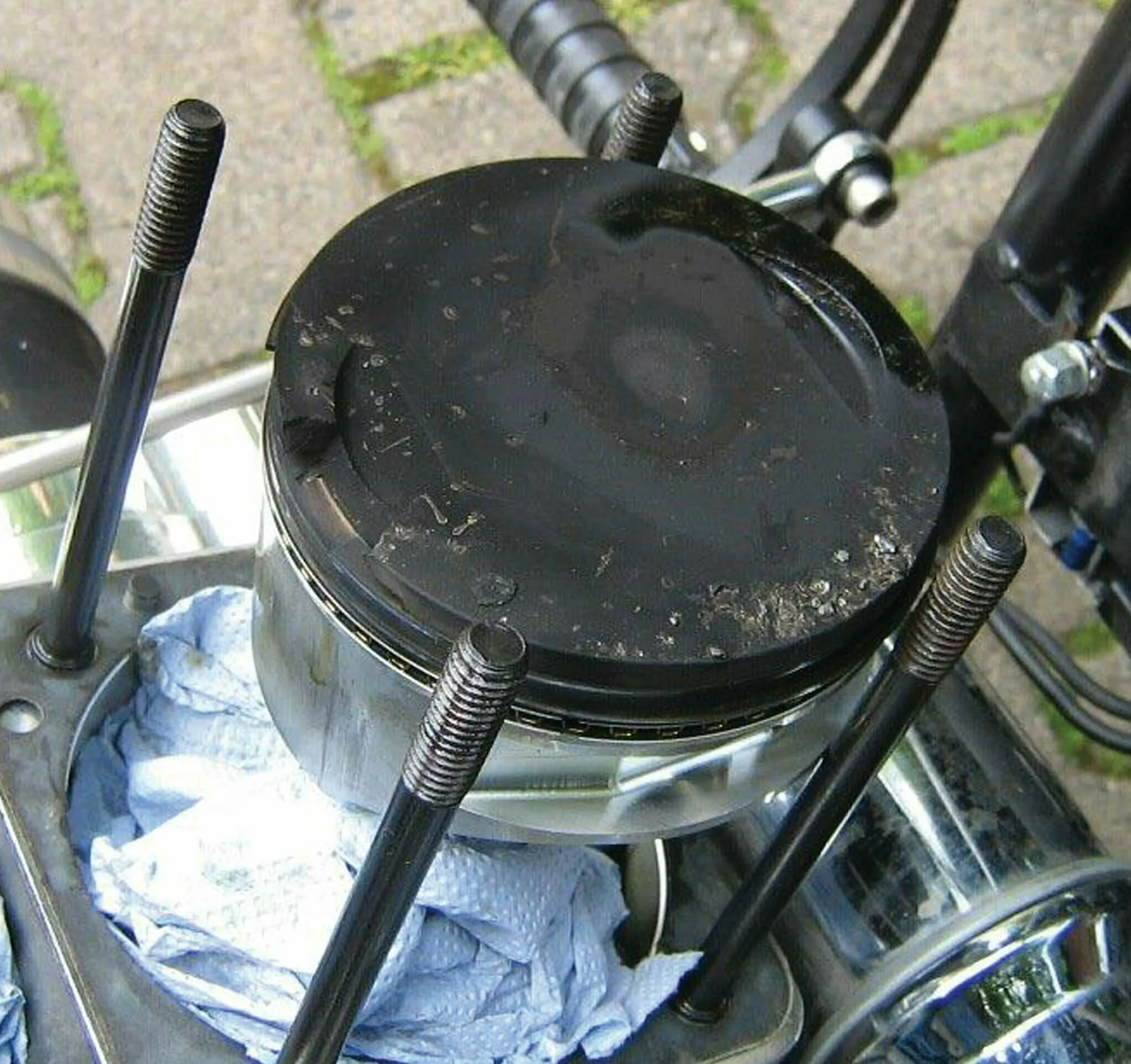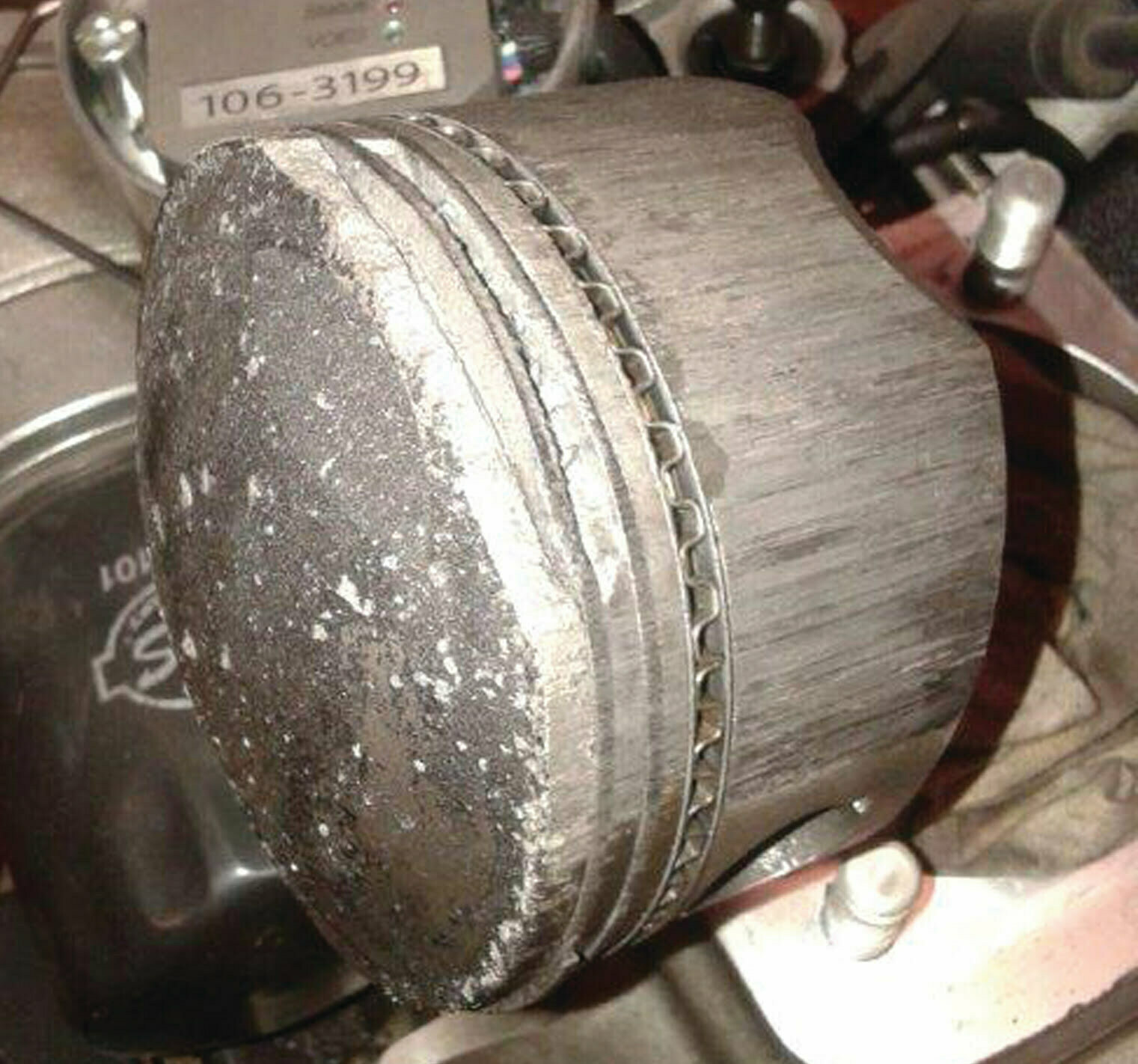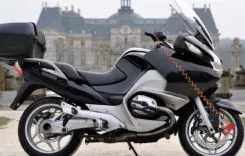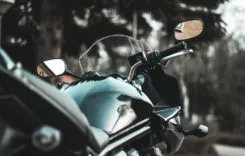Revving in Lower Gear vs Lugging in Higher Gear | Tech
When you were learning to drive, your dad probably told you not to rev the snot out of his car, and that’s pretty good advice for your typical passenger car with a slush-o-matic transmission and stock everything. Good advice notwithstanding, back in the day, on a hot summer evening, you could hear the bad boys downtown revving the snot out of somebody’s car, burning the tires off, and getting chased by the cops. Good times.
Fast-forward to today, and think motorcycles. It appears that an awful lot of people took the old man’s warnings to heart. They call it “babying” and think they’re doing their engine a favor. However, the Tech Department here at S&S reports that they have far more calls about engines failing due to lugging than having the snot revved out of them. This situation has undoubtedly been exacerbated by the taller gear ratios and six-speed transmissions in the later model bikes. Heavy vehicles, like baggers pulling trailers and trikes, are the most likely to have problems.
Consider this scenario. A guy, or gal (let’s share the blame here), is cruising down the road at 55 mph in sixth gear, and the engine is turning a little over 2,000 rpm. When he or she needs to pass a car or go up a hill, he or she just opens the throttle and goes. That’s actually worse than downshifting and winding it up, and he or she could be hurting his or her motor. We call it “killing it with kindness.”
Here’s why lugging an engine causes problems. If you’re traveling in high gear, at a fairly low rpm, the BMEP (Brake Mean Effective Pressure) in the combustion chamber is going to be higher than if you shifted to a lower gear and increased the rpm. In the higher gear, you have to give it a little more gas to make it go. That’s because it takes more force to turn the rear wheel, and since there are fewer combustion events doing the work, each combustion event has to release more energy. The resulting temperatures and pressures are proportionately higher. The only good news is that you might get better gas mileage because the combustion is more efficient. The bad news is that if you “lug” the engine to a sufficiently low rpm, these increased temperatures and pressures will become destructive. It can turn ugly, and it’s pretty unlikely that you can save enough on gas to pay for a top-end rebuild—or worse.

The ring land is thinnest just below the valve pocket. Being thin, this area is the weakest, gets the hottest, and tends to break off when detonation occurs, as shown here. The rider obviously shut it down quickly, since there is only minimal damage where the piston hammered the fragments against the top of the combustion chamber.
Courtesy of S&S Cycle
When combustion chamber pressure and temperature gets high enough, knock, detonation, and pre-ignition will occur. If you let that go on for any length of time, it will destroy your pistons. It’s pretty easy to tell if an engine has been lugged. The top ring land of the piston gets really hot, and small amounts of fuel detonating beneath it tend to push it up under the valve pockets, the weakest area. In moderate cases, it looks like the piston is smiling—the beginning of the end. In more advanced cases, a piece of the ring land breaks off and very quickly trashes all sorts of things in the combustion chamber—game over.
So how do we avoid burning down our engines? It’s really simple. Shift down when you need to. If you feel the engine chugging or jerking, or if you can hear the sharp metallic clicking of detonation, do not let it continue! Get out of the throttle or shift down to a lower gear. We recommend that you keep your rpm around 2,800 to 3,000 rpm at highway speed. If that means you don’t use sixth gear on secondary roads, that’s okay. S&S is located in the driftless area of southwest Wisconsin, and the roads here are hilly and curvy. We don’t find sixth gear very useful here most of the time. We reserve it for going down hills or for the interstate where we can click it into sixth and keep the rpm up around 3,000 at cruising speed.

Resist the temptation to limp it home. When something like this happens, shut it off! This rider didn’t. Bring your checkbook, daddy!
Courtesy of S&S Cycle
At a higher but moderate rpm, you have the following advantages. Lower gears put less strain on the engine. The work of moving your bike down the road is divided up between a greater number of combustion events, so each event does less work, produces less heat, and combustion chamber pressure is reduced. In addition, the oil pump is able to maintain better oil pressure and scavenge oil from the crankcase better. All in all, a happy engine.
So wind that bagger! Rev that trike! They’ll love you for it!
Source:







